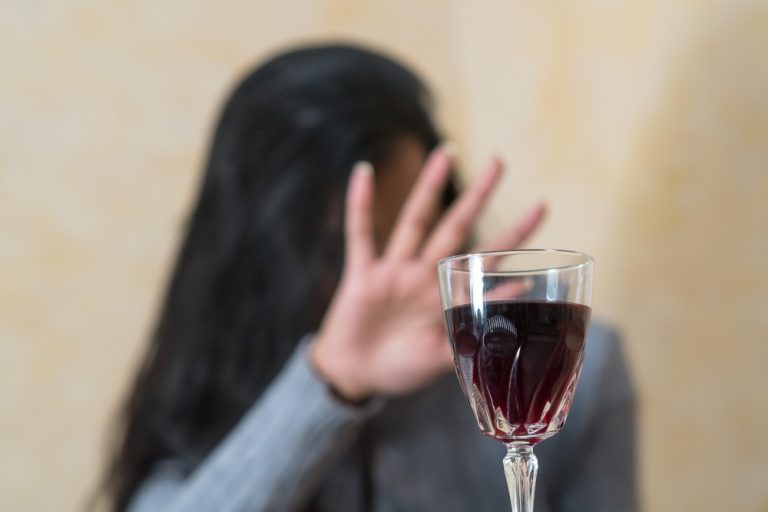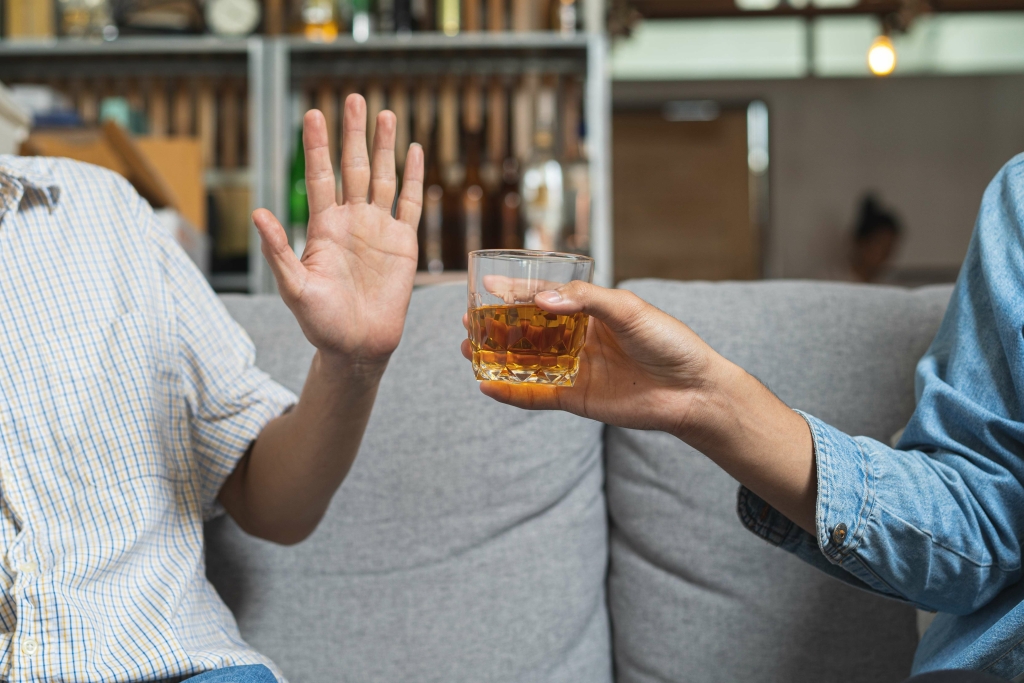While alcohol doesn’t directly cause facial swelling, alcohol can lead to a puffy or swollen-looking face. Alcohol abuse causes the body to be unable to metabolize certain substances such as bile salts, corticosteroids, and histamine. The build-up of these substances causes generalized skin itching, which can lead to irritation, inflammation, and rashes. Alcohol can trigger histamine release or allergic reactions in some people, especially with wine or beer. Sparkling water with lemon, kombucha, herbal iced teas, and mocktails with ingredients like cucumber or aloe vera offer hydration and antioxidant support. Alcohol interferes with your sleep cycle, leading to poor skin recovery, dull tone, and prominent dark under-eye circles.
Health
For some skin types, even occasional drinking can trigger flare-ups. A weakened immune system struggles to fight off infections and inflammation. This struggle can lead to worsening of skin conditions like dermatitis.
- On the other hand, one study found that de-alcoholised red wine promoted skin hydration, resulting in less visibly aged skin.
- Over several days to 1 year, your skin will become brighter, firmer and healthier.
- Drinking alcohol can cause or worsen psoriasis3 (a condition that causes flaky skin) and rosacea4 (redness or flushing on the face).
Don’t fret too much, however—after this, your skin will usually start to regain its healthy glow. The least damaging types of alcohol for skin are lighter drinks with no additives—such as gin, vodka, or tequila. If you’re worried about alcohol’s effects on skin, the single best thing you can do is drink less. Most of us have had an occasional morning-after with a puffy, dry face (along with other symptoms of a dreaded hangover). But if tipsy nights out have become a regular part of your routine, here’s what you should know about drinking and your skin. While the wellbeing benefits of sobriety is well-documented, from improved mental health and better responses to stress to encouraging sleep quality and energy levels.
Help to reduce drinking

Regular heavy drinking can trigger psoriasis — a condition where skin cells build up and make dry, itchy patches. It may make it harder for some to do their job, and it could be dangerous when mixed with others. Before, during and after you consume alcohol, drink as much water as you can. The hydration will help your body get rid of the toxins faster and replenish dehydrated skin cells to reduce the dulling effect that alcohol has on your skin. When you drink, it raises your stress hormone levels like cortisol and stress can put even more pressure on your immune system and then lead to skin that’s broken out. Otherwise known as telangiectasia, this condition can create a http://ingofiebig.de/2023/06/01/farewell-letter-samples-and-writing-tips/ persistent rosy or flushed appearance, even when we’re not drinking.
Common Concerns

Their presence indicates increased estrogen levels due to liver dysfunction. Understanding personal drinking habits is crucial for maintaining skin health. Limiting excessive drinking can reduce the risk of flushing and other skin problems. Keeping track of how much alcohol one consumes helps identify patterns. Alcohol consumption can trigger or worsen several skin conditions.
Only Available for Short Courses

Heavy drinking can increase a person’s risk of developing alcohol use disorder (AUD). It takes approximately three days for the liver to dispose of all the toxins from the alcohol. If you do give it up, the good thing is that your skin, like Alcoholics Anonymous any other organ, has the ability to regenerate. But that regeneration depends on how much damage has already been done. Mindful drinking offers that middle ground where you’ll proactively improve your drinking habits without any pressure to quit.
- Your brain helps your body stay well-hydrated by producing a hormone that keeps your kidneys from making too much urine.
- Alcohol may worsen these patches, making them more prominent and painful.
- Over time, acne can result in scarring, hyperpigmentation, and larger-looking pores, all of which contribute to the general appearance of skin damage and aging.
- This means that they should have the least impact on your skin, minimising potential damage.
Research has demonstrated that long-term heavy drinking weakens the heart muscle, causing cardiomyopathy. Alcohol misuse can also lead to high blood pressure, an irregular heartbeat (arrhythmia), or increased heart rate. Chronic, heavy drinking raises the risk for ischemic heart disease (heart problems caused by narrowed arteries) and myocardial infarction (heart attack). Dry skin is a common problem and although things like sun exposure, cold winds, and low-fat diets can dry out your skin, your choice of beverage can also strip your skin of moisture. People with high intakes of caffeine and alcohol are more prone to dry skin, but a regular coffee habit has less impact than drinking heavily. Alcohol has a greater diuretic effect, which can lead to dehydration.
Alcohol abuse can greatly affect both mental and physical health. It can also affect outward appearance, ranging does alcohol come out of your pores from minor skin abnormalities to potentially life-threatening conditions. Recovered spoke with plastic surgeon Dr. Bart Kachniarz to understand exactly how alcohol abuse affects appearance and what can be done to rectify it. It dilates blood vessels, leading to increased redness and irritation.
- People with high intakes of caffeine and alcohol are more prone to dry skin, but a regular coffee habit has less impact than drinking heavily.
- Research shows that extensive bruising can arise among alcoholics because of scurvy, caused by a severe deficiency of vitamin C.
- Others, such as jaundice caused by liver disease and skin cancer are less treatable and are often a sign of end-stage alcoholism.
- When the skin begins to itch, and bumps appear, it is time to put down the cup and drink some water.
The incidence of melanoma has risen steadily over the past few decades.40 The incidence of melanoma is attributed to genetic and phenotypic characteristics and environmental exposure. It could be that it messes with the part of your brain that processes sound. Or it might damage the nerves and tiny hairs in your inner ear that help you hear. However it happens, drinking means you need a sound to be louder so you can hear it. Drinking heavily for a long time has been linked to hearing loss. It is generally not recommended to drink alcohol after a facial.
Spirits like vodka or gin tend to be lower in sugar and may be less reactive—but all forms dehydrate the skin. While some drinks may seem “cleaner,” the alcohol content itself is what causes most of the issues. A weakened immune response makes it harder for the body to manage psoriasis effectively. The immune system plays a crucial role in controlling inflammation and skin cell growth.